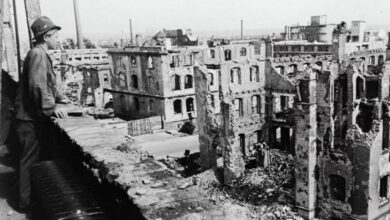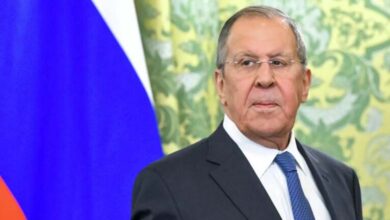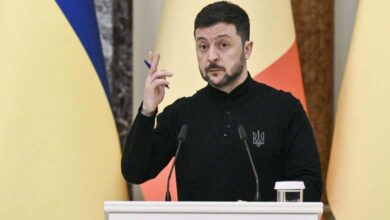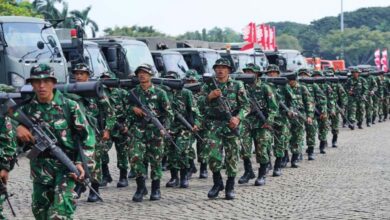Igniting war and army destruction… New accusations haunt the Brotherhood in Sudan
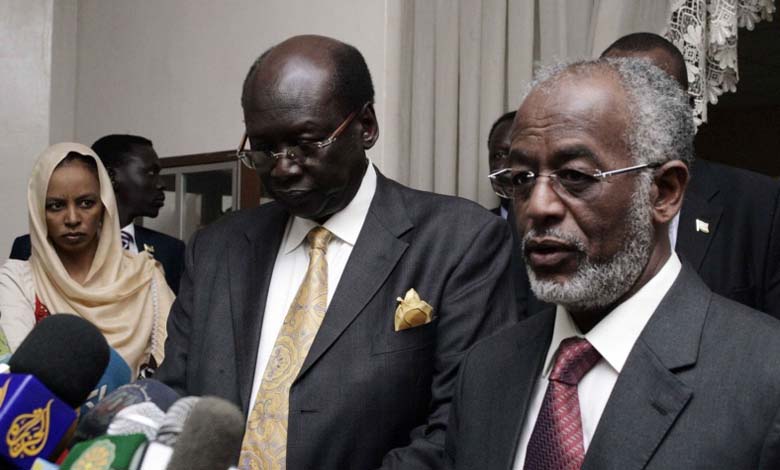
Retired Sudanese Army Major General Kamal Ismail said: “The Muslim Brotherhood is behind the outbreak of the fighting because it is the only one with an interest in the war. All information confirms that they fired the first shot of the war, then hid behind the army under the pretext of supporting it. Now they refuse to stop the war and negotiate.”
Ismail, who heads the Sudanese National Alliance and is a member of the current leadership of the “Coordination of Civil Democratic Forces” (Tajamu), denied, in his interview with Middle East newspaper, that the army leadership fired the first shot that ignited the war with the Rapid Support Forces, stating: “There is a party that moved the army and its leadership, the one that ignited the flames of war. It is a known party, and the people know it; it is the Islamic Movement, the Sudanese name for the Muslim Brotherhood. It spread incitement statements and organized mobilization campaigns to push both parties into the war. It wanted to revenge the revolution and the revolutionaries and return to power, which it lost by the will of the people through the barrel of the gun.”
General Ismail attributed the deteriorating logistical and material conditions of the Sudanese army at the start of the war, which led to its noticeable retreat against the Rapid Support Forces, to the purging of the army that began since 1990 based on the vision of the Islamist leader Hassan al-Turabi, stating: “al-Turabi stood on Tuti Island and declared that they are not with the mercenary army but with the jihadist army. This was the moment when they began to break the bones of the Sudanese army.”
He added: “The day after al-Turabi’s statements, they retired more than 500 of the finest army officers and started forming parallel forces, such as the Popular Defense Forces and the Shadow Battalions, among others. They did this because they did not trust the army and did not consider it their army. Therefore, they worked to disintegrate and weaken it in a strange way.”
Ismail explained that the combat efficiency of the army declined significantly afterward because it lost many of its capabilities. It was no longer subjected to proper training or the recruitment of new soldiers. This became evident from the early moments of its entry into war with the Rapid Support Forces.
He said: “After establishing the Rapid Support Forces, the state directed its attention to training and recruiting in favor of the Rapid Support Forces. The army was not trained for urban warfare.” He described the ongoing war in the country as “unacceptable” because it occurs in cities, making citizens human shields. The army is not trained for it, he added, saying: “Urban warfare requires preparation, information, and infantry. The army has a clear deficiency and weakness in infantry, while the Rapid Support Forces are originally composed of infantry.”
The former officer believed that the army’s superiority was limited to auxiliary weapons, such as aviation, artillery, and armored vehicles. These cannot win a battle without infantry. Therefore, people see the infantry of the Rapid Support Forces on the ground while the army soars in the sky.
Ismail directed his speech to what he called “our brothers in the armed forces,” saying, “This is a war in which there is no winner, and both sides are losers regardless of the field results. The biggest loser in it is the Sudanese people, suffering the cruelty of war. Therefore, we are working to stop it to end their suffering.”
General Ismail chaired the Sudanese National Alliance and is a member of the current leadership of the “Coordination of Civil Democratic Forces” (Tajamu). He served in the Sudanese army before being retired in the 1990s with hundreds of officers after the Islamists, led by Omar al-Bashir, seized power in Sudan.
Ismail participated in the military operations led by the Sudanese armed opposition against the regime of the Muslim Brotherhood in Sudan under the leadership of the legitimate Sudanese army, then under the name “Sudanese National Alliance.” He was arrested, sentenced to death, and then had the sentence reduced to four years in prison.
After the revolution and the fall of the Brotherhood regime, he was rehabilitated and promoted to the rank of general. He was part of the mediation team between the army and the Rapid Support Forces before the start of the war in April last year.





